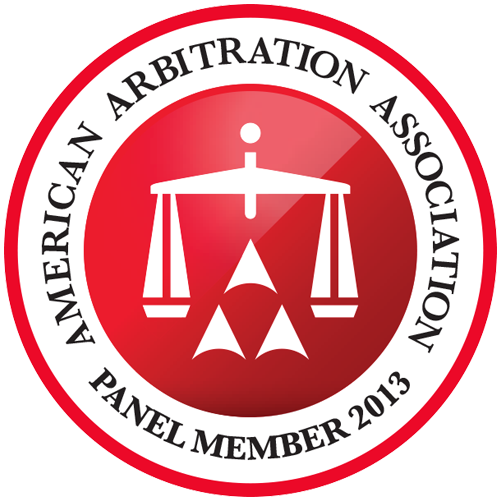The American Arbitration Association recently published new Commercial Arbitration Rules that became effective on September 1, 2022. The new rules replace the rules that have been in place since 2013. The new rules can be found here.
The changes are fairly extensive but I will highlight only the most significant in this article so be sure you are using the latest rules.
Rule 8 now expressly allows for the joinder of parties and consolidation of 2 or more arbitrations, either by consent of all parties or absent consent by motion. In the latter case, the AAA then has the discretion to refer the request to arbitrator in the first-filed case or appoint a separate “consolidation arbitrator” for the sole purpose of ruling on joinder/consolidation. The Rule also provides guidance for deciding these issues.
Rule 25 now allows the arbitrator to establish the method of conducting the hearing, including video, audio, or other electronic means “when appropriate.” The prior rule allowed the arbitrator to set the date, time, and place. The rule appears to allow the arbitrator to craft a proceeding that is all in-person, all virtual or some hybrid allowing a “fair, efficient, and economical resolution of the dispute.” See, Rule 22.
The previous rules allowed for the consideration of dispositive motions only if the arbitrator determined that the motion was likely to succeed and dispose of or narrow the issues for hearing. The same standard applies in the new rules but explicitly requires the arbitrator to consider the time and cost associated with the briefing in deciding whether to allow the motion to be filed. In addition, the new rules allow the arbitrator to assess fees, expenses, and neutral compensation.
The thresholds for types of claim procedures have also been change. The limit for using the expedited procedures was raised to $100,000 from $75,000; the threshold for large, complex case procedures was raised to $1 million and the threshold for requiring a panel fo three was raised to $3 million.
A lot of rules remain unchanged but the changes are clearly designed to allow a more efficient process and give the arbitrator the authority to craft the right process.

